I’m writing from my home in Beijing, as the neighborhood settles into another eerie and unusual silence. Although I don’t live in the busy city center, most days my compound is full of people, dogs, scooters, and their respective noises. The past few days have been another story. As fear over the Coronavirus mounts in the city, everyone is staying indoors. So far, though, there’s little apparent danger.
The virus isn’t the only reason it’s quiet. It’s the tail-end of the Spring Festival holiday, also known as Chinese New Year or Lunar New Year. About a week ago, Beijingers made a mass exodus from the city, most returning to the hometowns they grew up in (老家 – lăojiā) to spend the new year with their families. Since the government extended the holiday until Monday, most are only just returning to the city.
It’s not my first experience with Lunar New Year, as I spent three years in South Korea and now almost two years in China. In addition, I’ve enjoyed the celebrations in the Chinatowns of the U.S. and other countries. This year, though, one of my friends invited me to spend the holiday with her family in their town close to Changde, China. It was a new kind of experience, and one I’d like to share here.
Family
Spring Festival is a family holiday, so I considered it an honor to be invited to spend it with Melissa’s family. A lot of people live in big cities like Beijing, where they can find better-paying jobs and more opportunities than in their hometowns. Before the holiday, everyone needs to get home. Getting a ticket at this time of year can be difficult, and it’s important to plan ahead. Luckily, Melissa arranged all the tickets for us and we flew directly to Changde. Her parents’ home is about 40 minutes from the airport, in the smaller city of Qihe.

Qihe has some of its own traditions. Although most towns celebrate with a big reunion dinner on the eve of the lunar new year, Qihe families have a big breakfast that day. It was important that we arrived the night before Lunar New Year’s Eve, so we could share breakfast with her family.
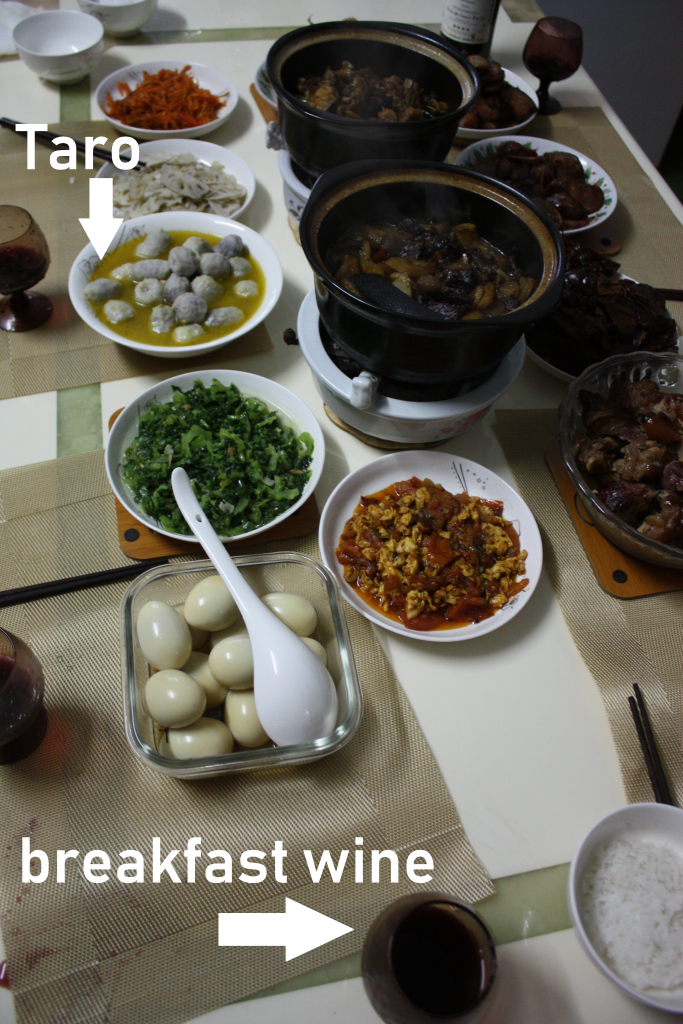
Before we ate, Melissa’s parents prepared three bowls of rice and three cups of wine for their ancestors. After saying a blessing, the rice is put back in the pot with the other rice, or given to elders. Ancestors are also honored with candles and incense.
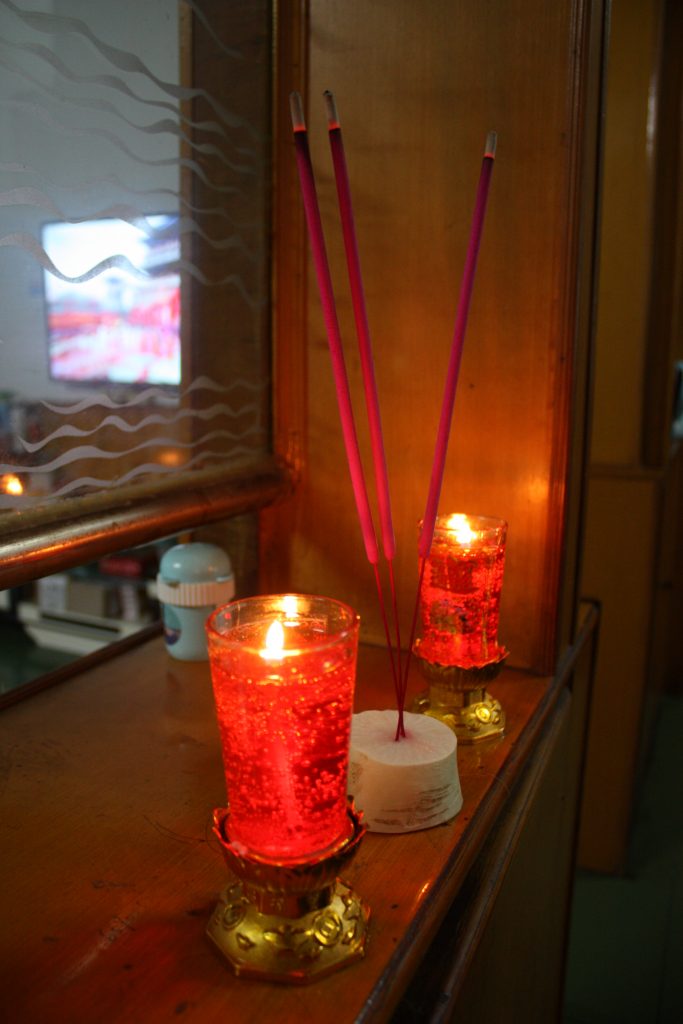
Tomb-sweeping is another ancestral tradition. On the eve of the new year, it was raining heavily and bitter cold, but Melissa’s dad still took the trek to his mother’s tomb to burn paper money and incense. The paper money (纸钱 – zhǐqián) is not real money, but symbolic money for those in the afterlife. Around this time of year in Beijing, don’t be surprised if you find piles of ash on sidewalks or at intersections.
Over the next few days, I met more of Melissa’s family — uncles, cousins, grandparents and an aunt. Despite not speaking much, or any, English, they all welcomed me and found ways to make me more comfortable. Like many Chinese families, Melissa calls her cousins “brothers,” and was comfortable being the bossy big sister! On the other hand, her 22-year-old cousins implored their “big sister” to buy them wireless earbuds. Although I grew up with a pretty rigid concept of “immediate” vs. “extended” family, I can appreciate the inclusive nature of family member words in Chinese (especially when they included me, too).
Food
What’s a holiday without lots and lots of food? Being a vegetarian, I didn’t try everything on the table, but I did learn some of the superstitions around different kinds of food. For example, one staple item for a Spring Festival meal is
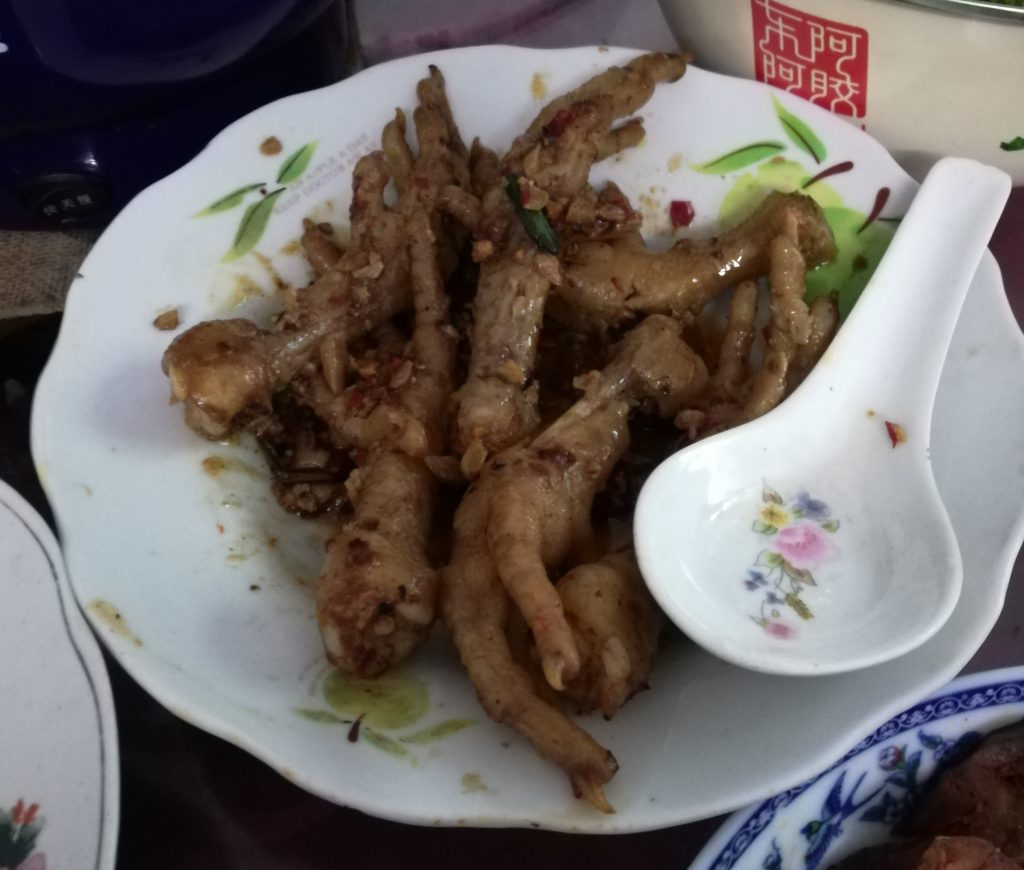
taro. Everyone needs to eat at least one taro ball for good luck in the coming year. When I asked why, Melissa thought taro’s round shape might signify “reunion,” a common theme during Spring Festival. Another story, not necessarily related to the holiday, was about eating chicken feet. Though it might seem like a bizarre dish in the States, chicken feet is a normal dish for Chinese. Melissa’s family advised us that eating chicken feet will help with messy hair (perhaps because they are like combs??) or getting more money in your career (because the claws can grab more money!)
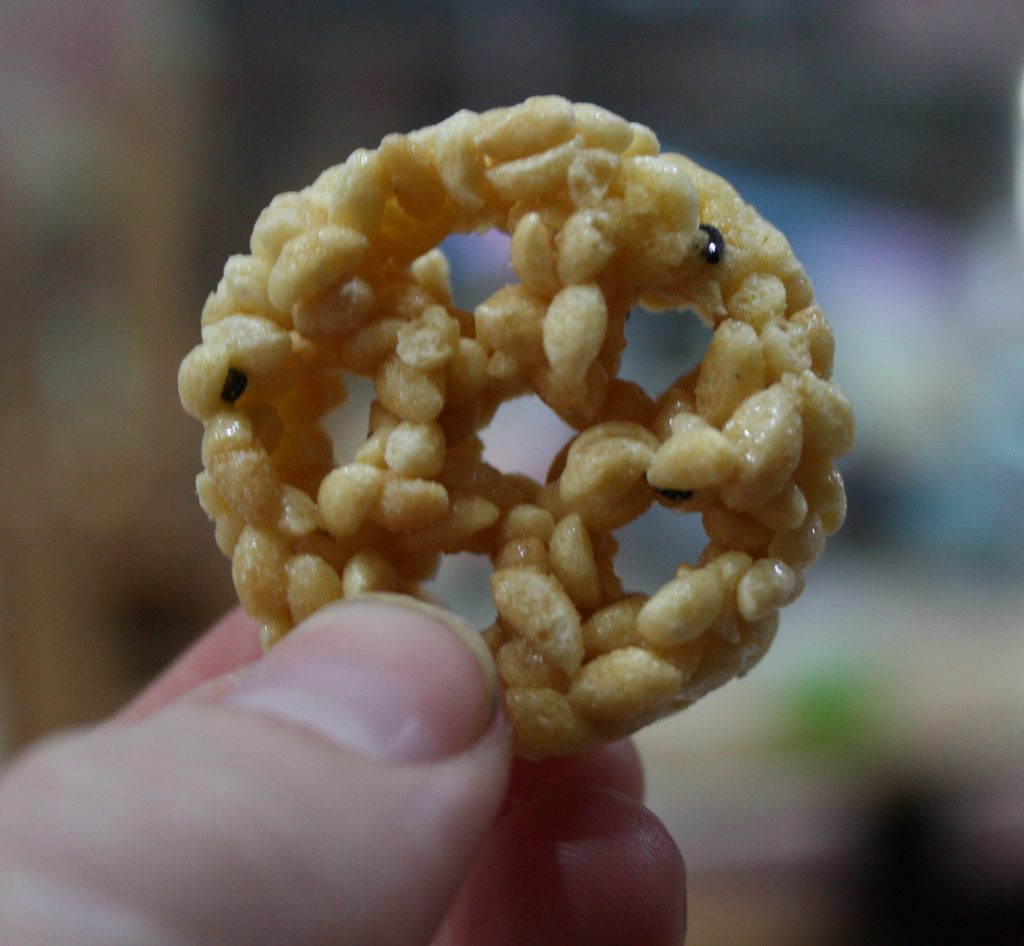
When I told her parents I eat fish, their response was “We have fish, but you can’t eat it!” One fish is always included in the Spring Festival meal, but it’s not eaten. The saying, “年年有余” (niánniányǒuyú) means “Year after year, may you have surplus” but contains a character that is a homophone of 鱼 (yú) meaning “fish.” Therefore, the tradition is to leave some uneaten fish on the table for a plentiful year. Many Chinese traditions and superstitions are based on similar wordplay.
Between meals, there were always plenty of snacks. In Qihe, I found a snack (lianousu) that tasted like a cross between Honeycomb cereal and a Rice Krispie Bar. Later, I discovered how amazing this honey-flavored snack is with peanut butter, but no one else quite shared my enthusiasm for lianousu. Another snack, tang yuan (汤圆 – tāngyuán), reminded me a lot of Korean songpyeon (송편). Both dishes are made of glutinous rice balls or cakes filled with a sugary filling such as sweet sesame. The main difference is tang yuan is served as a soup, so the rice ball is softer than songpyeon.
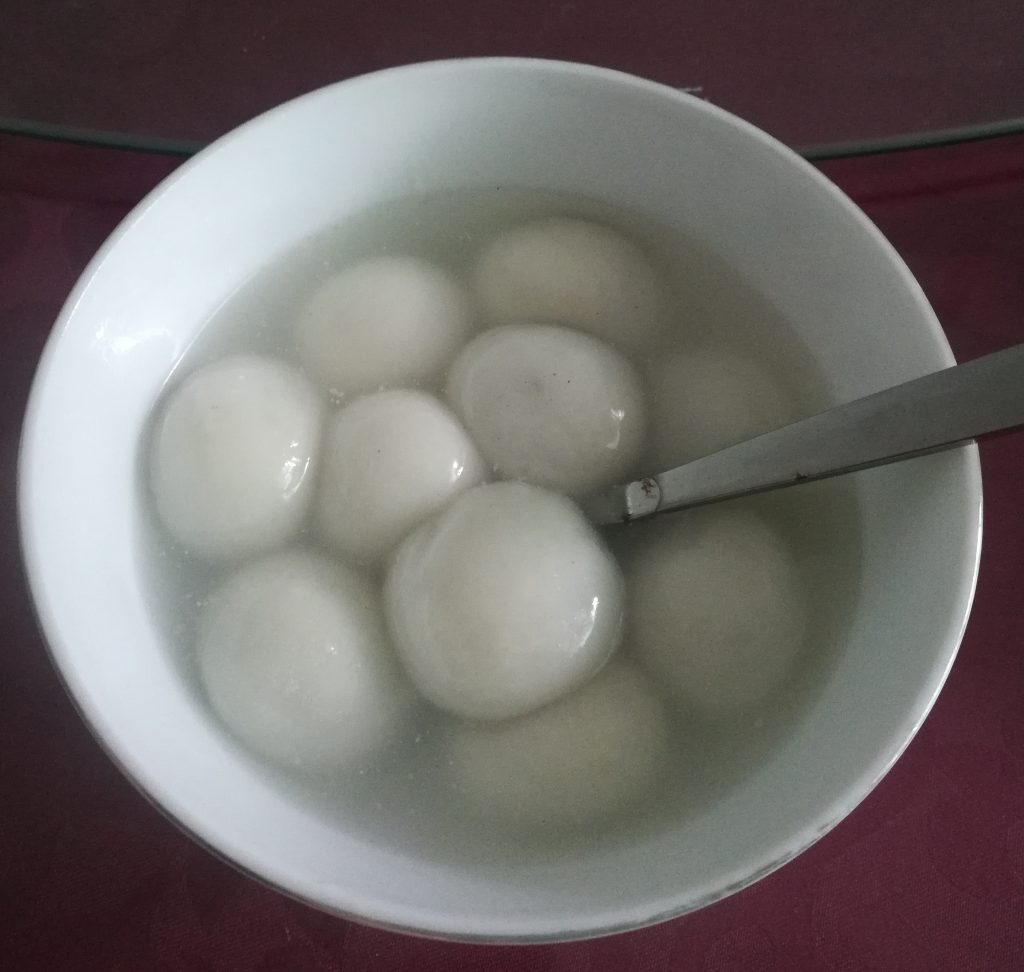
One night at Melissa’s aunt’s house, we attempted “home barbecue.” As an aside, I have to explain how it’s possible to have a barbecue indoors in that part of China. These homes have large front doors, which are kept open even in cold weather. The first room you walk into is a spacious living room with a hard floor. To me, it was a strange juxtaposition to see the TV and couch in this room rather than somewhere cozier (and more secure) upstairs. In my hometown, the TV would be stolen pretty quickly and no one would feel secure with large, open doors. Here, though, with family living down the road, it makes sense to have such an open place to gather, and no one feels worried.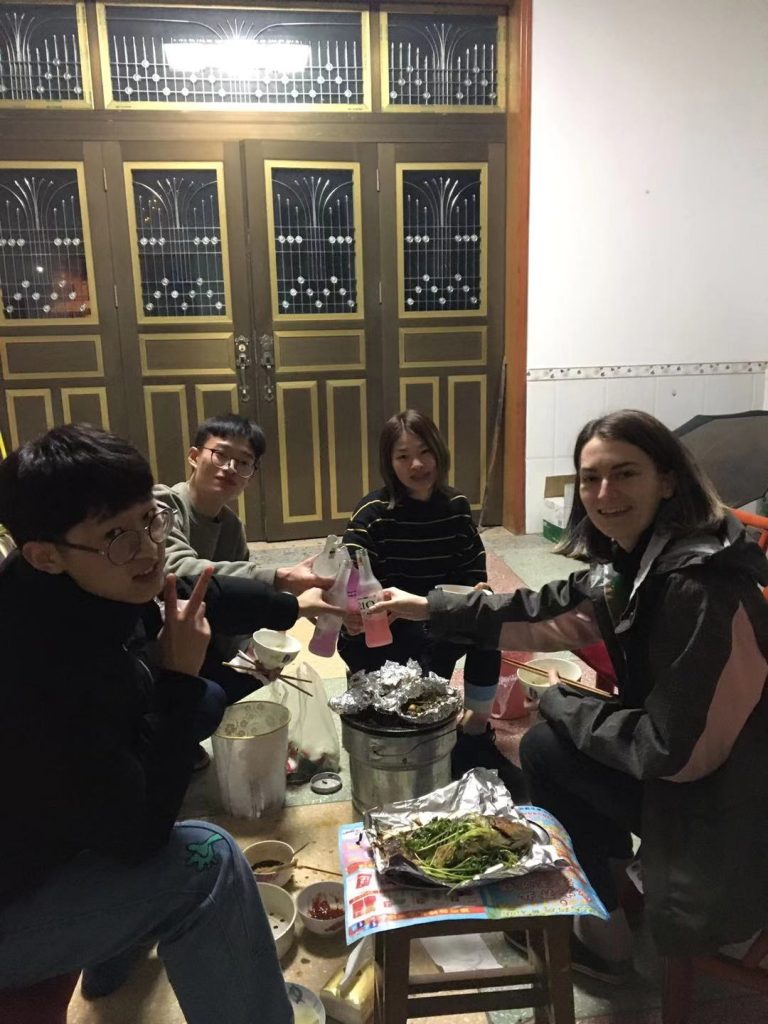
Back to the barbecue. We set up a fire in a small grill in the middle of the living room. We put some vegetables on sticks and sat around the fire like kids waiting for their marshmallows to brown. That plan didn’t work out so well, so we wrapped the food in tinfoil and set it on the grate. All-in-all, we weren’t terribly successful, but we had fun trying.
I believe these two words, “family” and “food,” are closely connected, not just in Chinese culture, but in all cultures. It’s something we have in common. Spring Festival is as important a holiday in China as Thanksgiving or Christmas is in the west, and they share common values. The heart of it is taking some time to spend with family and share meals with them. It doesn’t need to be more complicated than that.
In my next post (part 2!), I’ll share more about Chinese traditions and entertainment, including snapshots from my calligraphy lesson with Melissa.
Thanks for reading, and stay healthy!
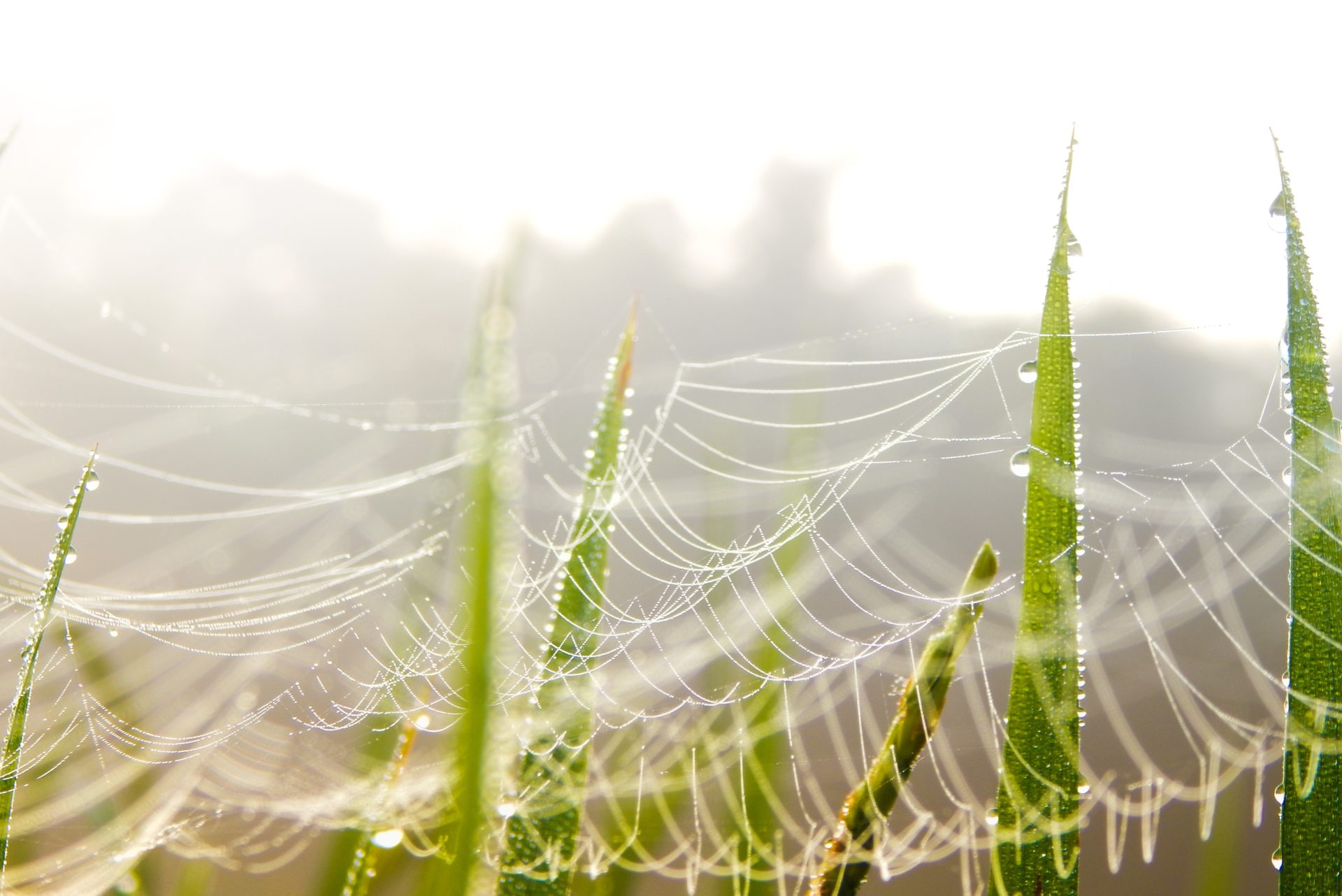
I enjoyed reading about your time away from Beijing. It sounds like you quickly become part of the family. That is a gift.
Very interesting. The best way to learn about their culture is to live with them. I knew about the pigs feet. My old neighbors use to talk about that tradition. Johnny was born around the new year and I received some fake money from my Chinese colleagues. Enjoy!